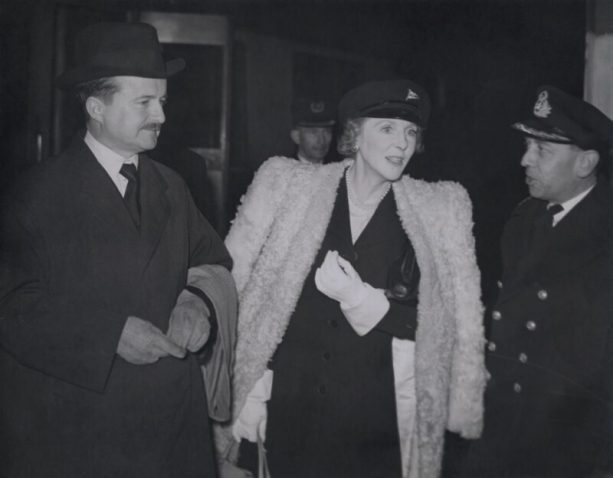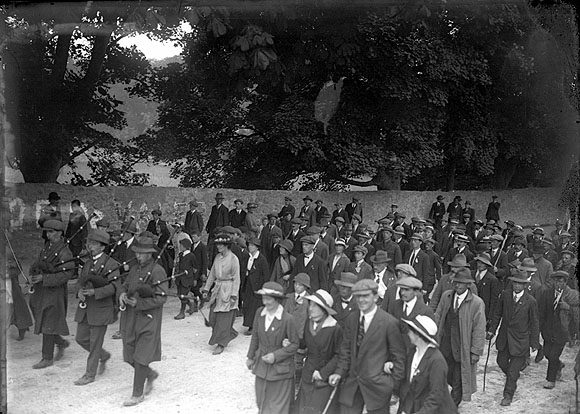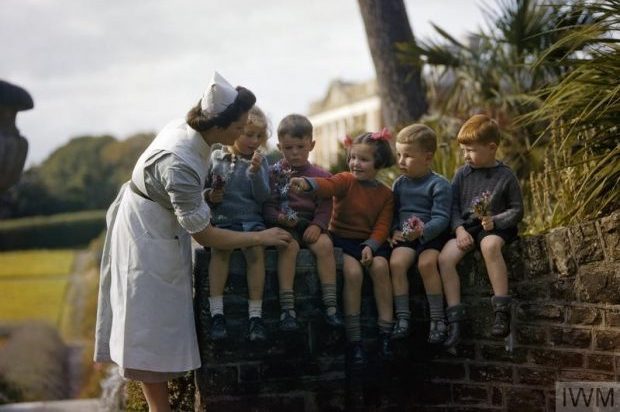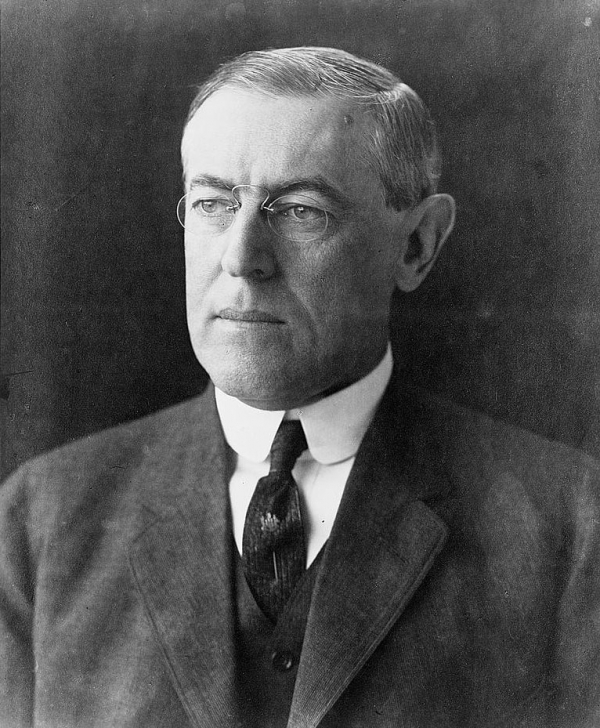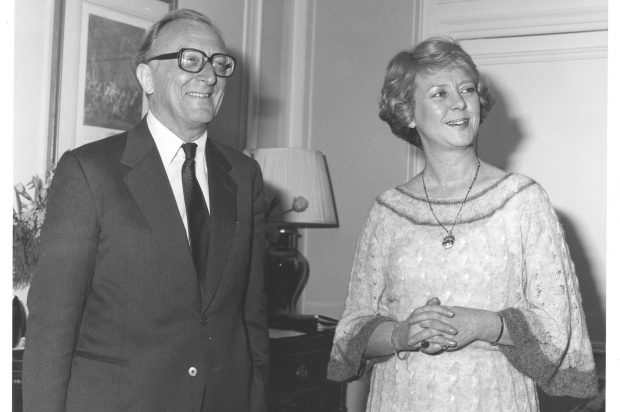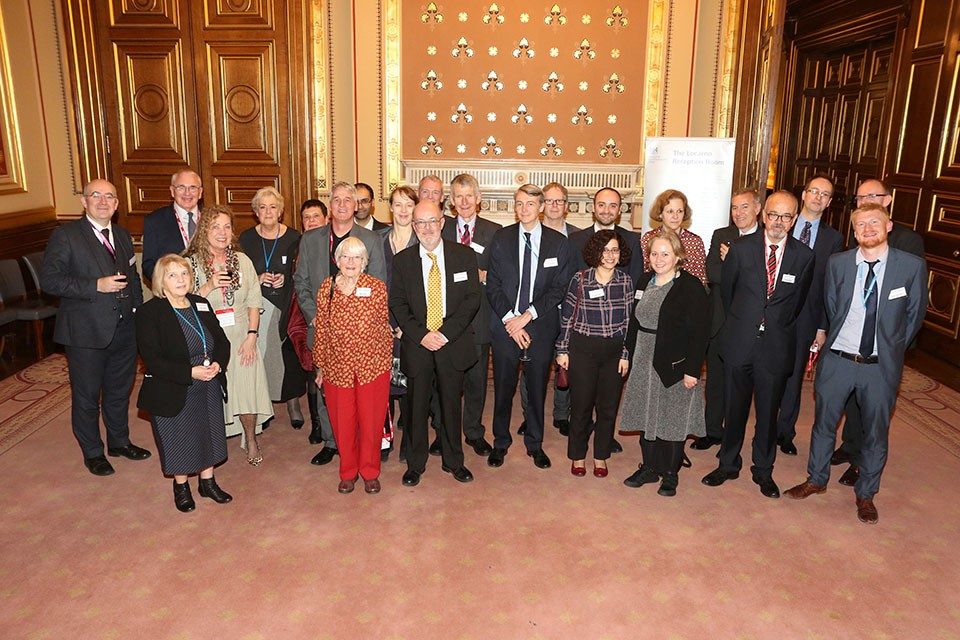Search results for VIPREG today betwinner promo code East Timor
Seventy-five years ago today, on 13 September 1944, a Dakota aircraft, with an escort of 45 Spitfires, flew across the English Channel towards Paris. The plane carried the new British...
...war was a contentious issue. Constance Markievicz played an active part in the Irish Citizen Army during the Easter Uprising, where she was second in command of the force which...
...increasingly large military base communities scattered across Germany if the Russians invaded. Today, the British government continues to devise evacuation plans for non-combatants, particularly in the world's most politically volatile...
One hundred years ago today US President, Woodrow Wilson, gave his famous speech to Congress articulating the Fourteen Points and principles that he believed should be the foundation of post-war...
Today a memorial service is held at Westminster Abbey for the former foreign secretary Lord (Peter) Carrington, who died last July aged 99. Over a life-time of public service, he...
...will undoubtedly be maintained by our successors over the next hundred years.’ Patrick Salmon making his speech The full story of how the Foreign Office has used and promoted history,...
...four times Chancellor before he was four time Prime Minister – who developed the Exchequer into recognisably modern form. He did not envisage anything like today’s welfare state, being obsessed...
...be brought to her. Subsequent events eroded the Queen’s prerogative. From July 1965 onwards, the Conservative Party elected its leader, as the Labour Party had done since 1922. Today it...
...origin of the Government Art Collection (GAC). Today the GAC is responsible for acquiring and displaying works of art in over 400 British Government buildings in the UK and nearly...
...and his greater willingness later in his reign to adapt to the realities of parliamentary monarchy – the constitutional system we still have today. In the 1760s, both King and...
